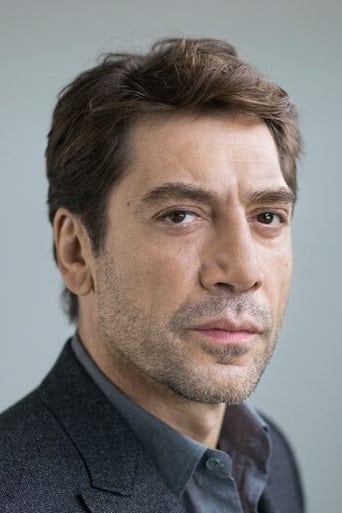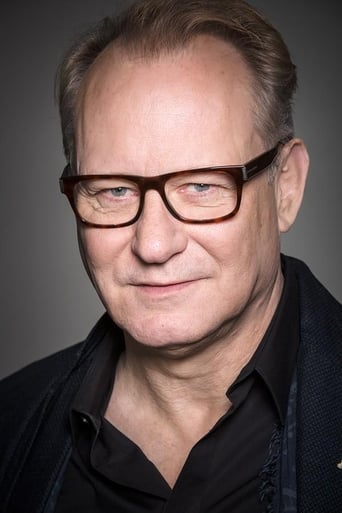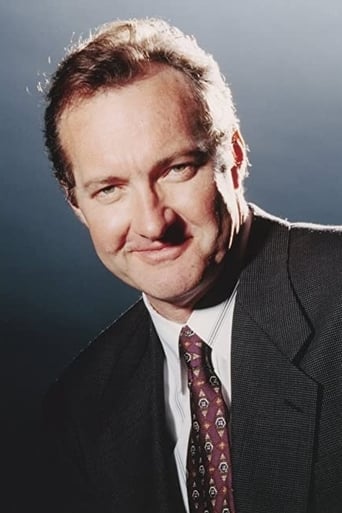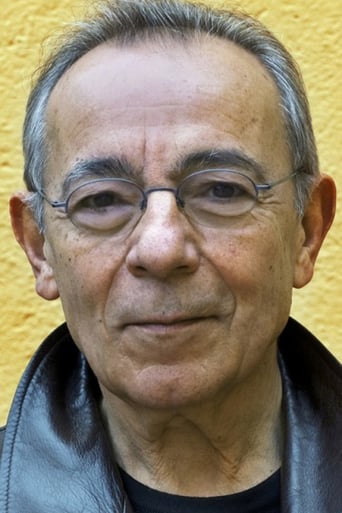ThiefHott
Too much of everything
SpuffyWeb
Sadly Over-hyped
Comwayon
A Disappointing Continuation
ThedevilChoose
When a movie has you begging for it to end not even half way through it's pure crap. We've all seen this movie and this characters millions of times, nothing new in it. Don't waste your time.
Matt Greene
Using the exact philosophical problem of the Spanish Inquisition (torture brings only desperation, not truth), Forman has created a posh nightmare disguised as a costume drama in Goya's Ghost. Like his masterpiece "Amadeus", he's showing the gritty, vile humanity underneath the garish outfits & wigs of mid-millennia high-society. All the performances are great, the story is great, everything looks great...30% on RT?? I don't get it; an underrated tone parable.
Irishchatter
At the beginning of the film, I thought it was quite interesting because of course, it seemed to me that it was very different. Why you ask? Because a priest told a young woman's father that he would promise to rescue her from being falsely imprisoned by the Catholic Church. Then when he greeted her at first, he disgraced himself by raping her and got kicked out by the monastery. I didn't get why he broke his promise because it was also concentrating on the painter Goya. OK, since this movie was about him, why did they add Lorenzo and Natalie Portman ' s character? Sure they didn't even exist for starters! Pretty much, Goya is last in the line, he isn't cared much especially having his name mentioned on the movie title! That's very disappointing to think they left Goya out completely!If I was Milos Forman, I would reconsider doing the storyline of the movie again but I would honestly keep the actors because I honestly loved seeing Natalie Portman and Javier Bardem!
leplatypus
Well, if i wasn't a fan of Nathalie, i would have never picked this movie and it would have been a pity as it's a good one. Forman seems to walk in the path of Gavras as he attacks the hypocrisy of institutions. First, it's the Spanish church and its crazy Inquisition. While Christian doctrine is love, compassion, mercy, it's terrifying to see that its head could ever imagine to torture people, to live in opulence ! And as usual, as the message is universal, those people aren't disturbed to be among males only ! The so-called enlightened rebels aren't better as bringing liberty, democracy means also to kill opponents ! So, everybody kills everybody and always found the pretext to do so ! This was 2 centuries ago and things haven't changed very much ! That's why such historical movies like this one are essential as they help us to understand our present and make us realize that problems just keep repeating and that we are as dumb as our ancestors! In my opinion, the film is also all the more clear and punchy than its cast is excellent : Nathalie as a honest young woman who gets broken (a bit like in « V » ) and Pénelope husband's as a real cunning opportunist !
lreynaert
In their movies about Francisco Goya, Konrad Wolf and Miloš Forman give the Spanish Court painter a totally different role. Also, those movies were shot in two different political regimes. But, still they have the same utmost relevant human message. As Oscar Wilde said in his 'The Critic as Artist': 'For when a work is finished, it has an independent life of its own, and may deliver a message far other than that which was put into its lips'. This is absolutely true for Konrad Wolf's movie, which attacked censorship in a totalitarian State.In the movie by Konrad Wolf 'Goya or the tortuous road to understanding', based on the novel by Lion Feuchtwanger (centered on Goya's private life), the artist is the direct target of the Holy Office's Inquisition, because of his paintings and diabolic etchings. In 'Goya's Ghosts' by Miloš Forman, the painter is a kind of neutral observer or helpful middleman between the Holy Office and the family of an innocent victim of the Inquisition and its bestial 'question'. However, the message of both movies is crystal clear and highly relevant today; first of all, no inquisitional powers with armies of spies and laws propagating denouncements; and, secondly, no torture, because unbearable pain forces totally innocent people to confess anything asked for, which is then considered as the ultimate proof of their guilt by their barbaric interrogators.The play of the whole cast in Miloš Forman's movie is simply fascinating, but it is not fully convincing in Konrad Wolf's film.All men and women of good will should view these remarkably courageous masterpieces.






